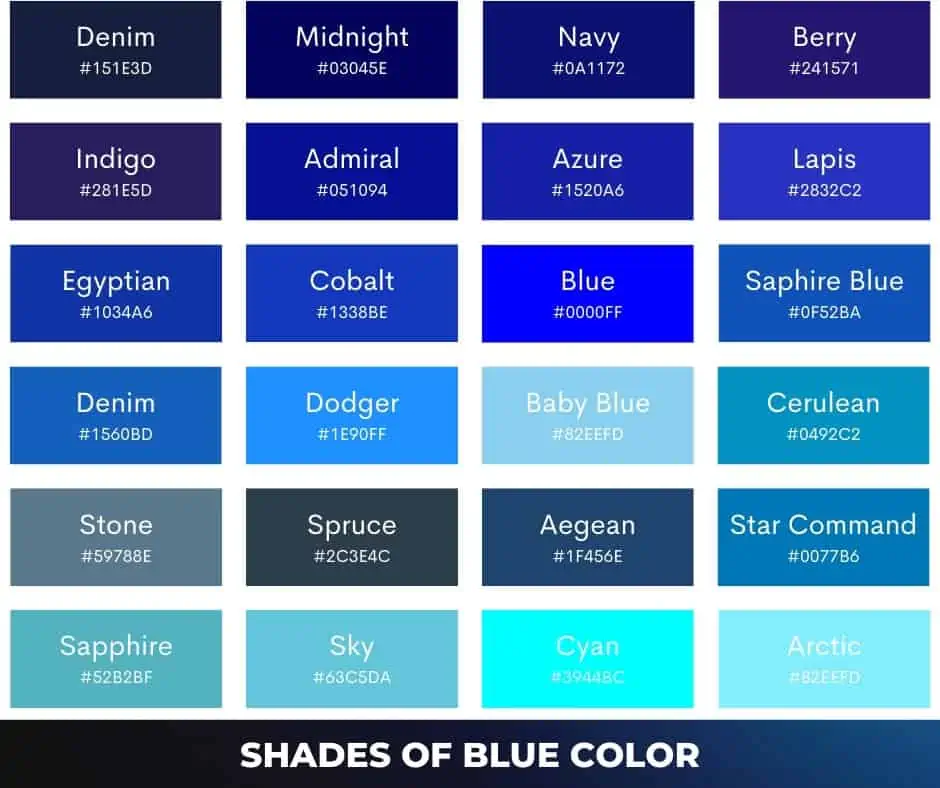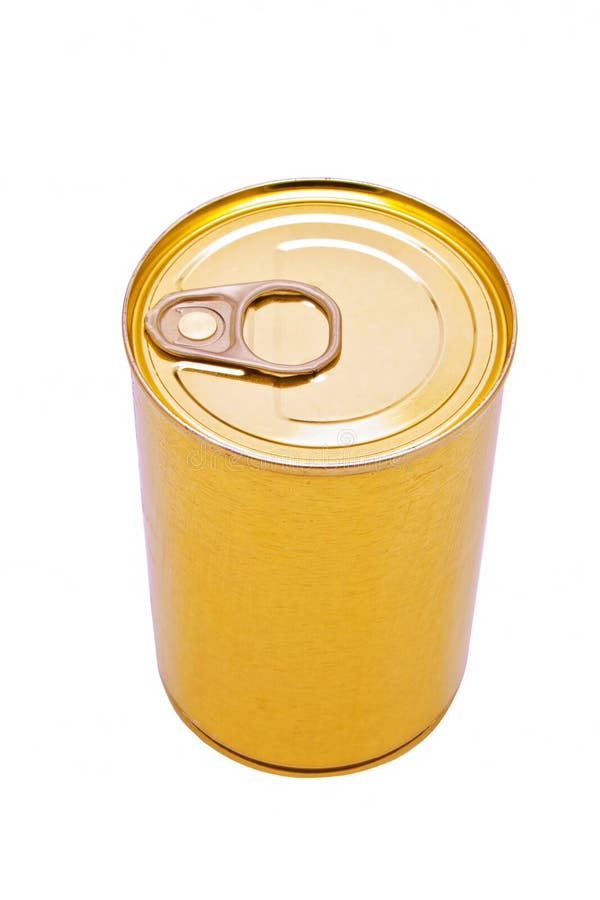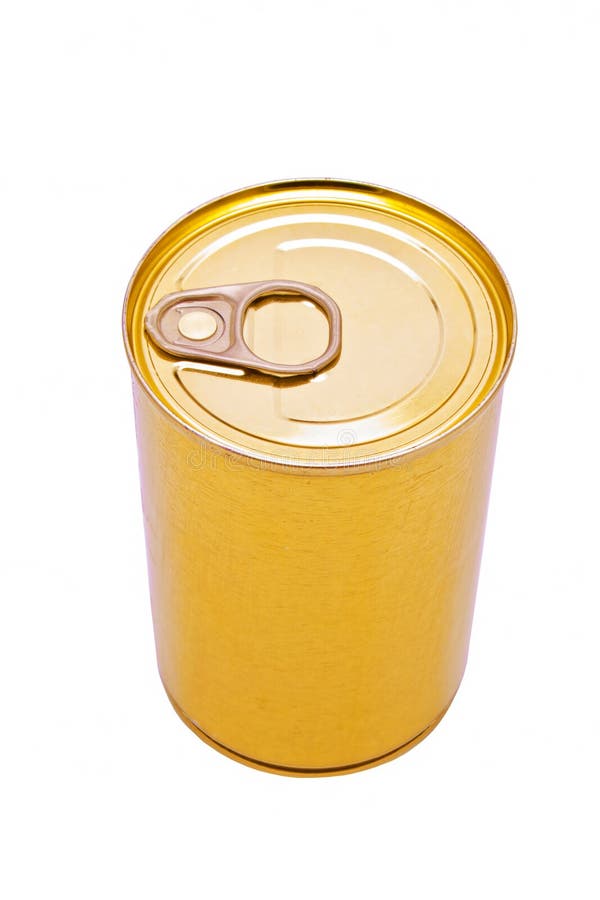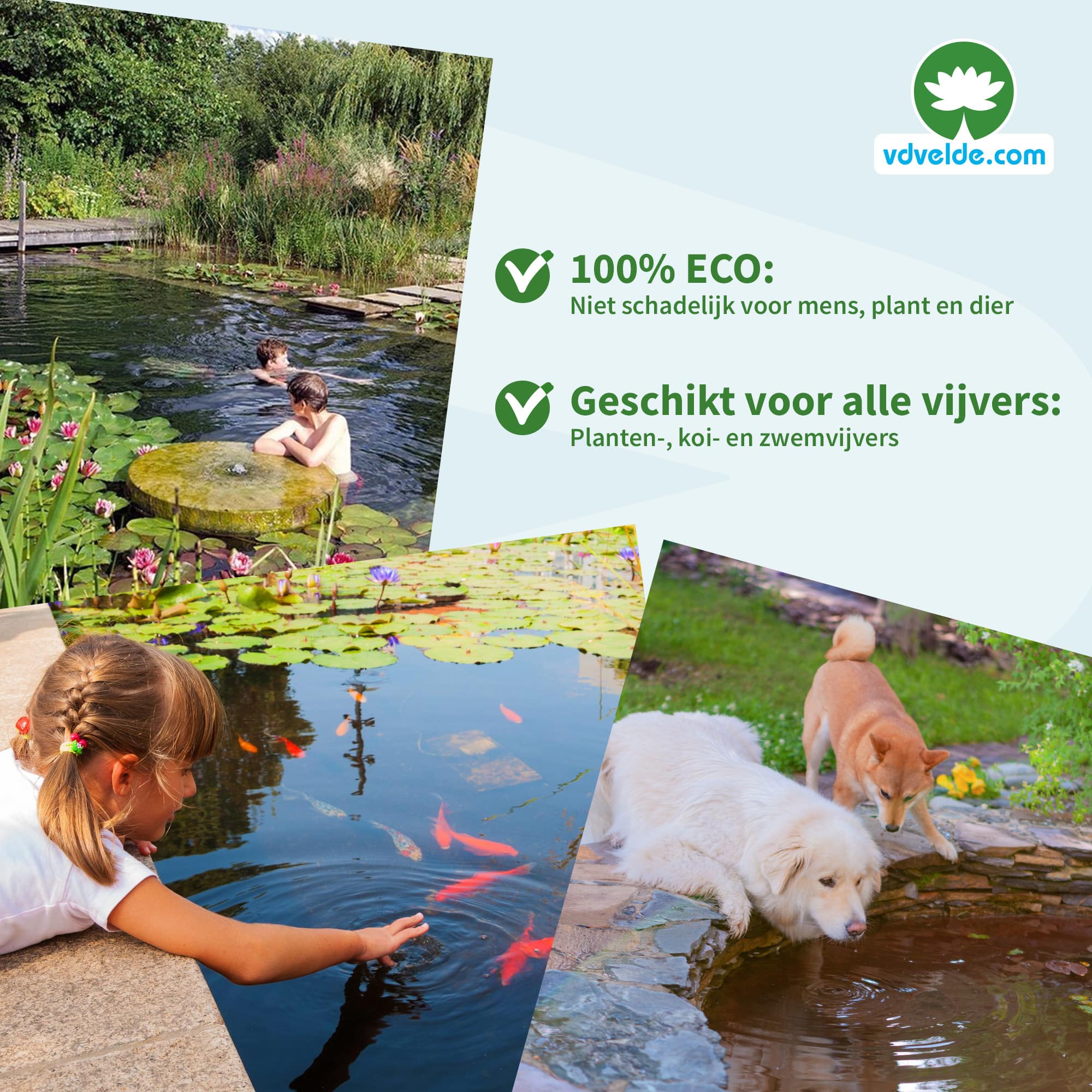Can You Keep a Platypus as a Pet? Legal Facts, Care Realities, and Safer Alternatives
Short Answer
Platypuses cannot be kept as pets. They are protected wildlife in Australia, and private ownership is not allowed anywhere; only licensed facilities may temporarily care for them under strict conditions [1] .
Why Platypuses Are Not Kept as Pets
Platypuses are specialized, wild monotremes with complex needs that are extremely difficult to meet in captivity. According to detailed overviews of legality and care realities, Australia designates platypuses as protected wildlife, prohibiting private ownership, breeding, sale, or export. Only licensed wildlife professionals may temporarily take custody for rehabilitation or research, and even then under stringent oversight [1] . Reports further note that historically, many platypuses have failed to thrive in captivity, underscoring the species’ sensitivity to enclosure design, water quality, diet, and environmental enrichment [1] .
Beyond legal barriers, practical care challenges are substantial. Platypuses require
large, complex aquatic-terrestrial habitats
with high water quality, temperature control, and naturalistic substrates. Their diet can be demanding, often involving live or freshly sourced aquatic invertebrates in significant quantities. These needs make private husbandry impractical and widely regarded as unsafe for both the animal and the keeper. Public-facing summaries consistently conclude they are
not domesticated
and do not tolerate handling like companion animals
[1]
.
Legal Landscape: Australia and the United States
Australia : Platypuses are a protected species, meaning individuals cannot own, trade, breed, or export them. Licensed wildlife professionals and accredited facilities may be granted temporary custody for rehabilitation or scientific purposes under regulated conditions. Public sources note that only a small number of institutions maintain platypuses, reflecting the stringent standards and high stakes of care [1] .
United States : Consumer-facing explanations emphasize that private ownership is not legal and that only specially licensed sanctuaries or accredited institutions may keep platypuses, subject to rigorous environmental and animal welfare standards. While specific permitting varies by jurisdiction, platypuses are not available for personal pet ownership in the U.S. [3] . State-level wildlife frameworks also show how tightly wild-animal possession is controlled; for example, Washington State broadly prohibits possession of wild animals under multiple laws designed to protect public safety, animal welfare, and ecosystems [5] . In Florida, the wildlife agency outlines permit categories for certain species, underscoring that many wild animals require formal authorization or are outright prohibited; this illustrates the general regulatory environment even though platypuses themselves are not permitted as personal pets [4] .

Source: luzenelhorizonteymas.blogspot.com
Actionable Guidance If You’re Interested in Platypuses
If your goal is to experience or support platypuses responsibly, there are several ethical and practical options. Because private ownership is not allowed, consider the pathways below to align your interest with animal welfare and the law.
1) Plan a Responsible Viewing Experience
Zoo and sanctuary programs in Australia and select accredited institutions may offer limited, supervised viewing or educational experiences. Public sources note that only a few organizations maintain platypuses, with stringent welfare standards. You can research accredited Australian wildlife sanctuaries and aquariums and review their programs, age requirements, and rules before booking. When exploring options, prioritize facilities with conservation and welfare credentials and be prepared that availability may be limited and subject to seasonal or animal-welfare considerations [1] .
Implementation steps:
- Identify accredited Australian wildlife parks or aquariums known to house platypuses.
- Verify current program offerings and visitor policies directly on their official websites.
- Confirm age limits, costs, and animal welfare guidelines in advance.
Potential challenges and solutions:
- Challenge: Limited programs and high demand. Solution: Book well ahead and maintain flexibility with dates.
- Challenge: Ethical concerns. Solution: Favor institutions that publish welfare standards and conservation outcomes.
2) Support Conservation Instead of Ownership
Because private ownership is prohibited, channel your interest into conservation. Many organizations accept donations, volunteer support, or advocacy. Focus on groups engaged in river habitat restoration, invasive species control, and wildlife rehabilitation in Australia. You can:
- Donate to conservation programs with transparent reporting and third-party oversight.
- Participate in citizen science efforts tracking aquatic ecosystem health.
- Advocate for freshwater habitat protection and responsible land use in platypus ranges.
These approaches align with the protected status of platypuses and help address the root causes affecting their long-term viability [1] .
3) Choose Ethical Alternatives for Exotic-Pet Curiosity
If your interest is about caring for a unique animal at home, consider legal, welfare-compatible species. State agencies provide guidance on which animals require permits and which are prohibited. For example, Florida’s wildlife commission explains permit classes and which small mammals and birds may not require permits, while emphasizing that many species do require authorization and compliance with caging and experience standards [4] . In Washington, agencies highlight broad prohibitions on wild animals and categories like dangerous or deleterious wildlife, reflecting common U.S. policy goals to protect the public and ecosystems [5] .
Implementation steps:
- Contact your state’s wildlife agency and ask for the current list of prohibited species and permit categories.
- If considering a regulated species, document experience, housing plans, and veterinary support to meet permit requirements.
- Prioritize domesticated species with established husbandry guidelines and access to veterinary care.
Potential challenges and solutions:
- Challenge: Complex permits and inspections. Solution: Start with species that do not require permits, or work with experienced mentors and veterinarians before applying.
- Challenge: Long-term care obligations. Solution: Create a written care plan and budget, and identify backup caregivers.
Understanding Permits and Why They Don’t Apply to Platypuses
Some U.S. states allow personal possession of certain wildlife under permit, but this framework does
not
extend to platypuses as pets. For instance, Florida describes Class II and Class III wildlife permits, experience documentation, and caging standards for eligible species. These rules show how restrictive lawful wildlife possession can be even for animals that are allowed; they are not pathways to legally owning a platypus
[4]
. Similarly, Washington’s multi-pronged prohibitions demonstrate that most wild animals are illegal to possess without explicit authorization and that public health, safety, and environmental risks drive these rules
[5]
.
Public-facing legal explainers concur that platypuses are not lawful personal pets in the U.S. and that only specially licensed sanctuaries or institutions may keep them under highly specialized conditions. Even where a permit system exists for other wildlife, those mechanisms do not legalize platypus ownership for private individuals [3] . Moreover, animal-welfare summaries emphasize that platypuses do not adapt to domestic settings and that their unique biological and behavioral needs make private husbandry inappropriate [1] .
Step-by-Step: What to Do Instead of Trying to Own a Platypus
- Clarify your goal. Decide whether you want hands-on animal care at home or to support platypus conservation.
- If you want a unique companion: Contact your state wildlife agency about legal species and any required permits. Review Florida’s permitting framework as an example of how requirements may look in your state [4] . In states with broad prohibitions like Washington, prepare for stricter limits and prioritize domesticated species [5] .
- If you want to experience platypuses up close: Research accredited Australian facilities that host educational encounters. Verify animal welfare policies, age limits, and booking requirements, and understand that availability may be limited and subject to animal needs [1] .
- If you want to help platypuses thrive: Support habitat protection, waterway restoration, and reputable rehabilitation efforts in Australia through donations or volunteering. Seek organizations that publish impact reports and collaborate with government conservation authorities [1] .
- Reassess annually. Wildlife regulations can change. Revisit your state agency’s guidance each year, and continue choosing legal, welfare-forward options.
Key Takeaways
Platypuses are not legal pets and require specialized environments beyond home care. Laws in Australia prohibit private ownership, and U.S. guidance makes clear that only select, licensed institutions may care for them under strict oversight [1] [3] . If you’re drawn to rare wildlife, the ethical path is to pursue accredited educational encounters, support conservation, or choose legally permitted species with robust husbandry resources, following your state’s wildlife rules [4] [5] .
References
[1] A-Z Animals (2024). Do Platypuses Make Good Pets?
[3] Learning and Yearning (n.d.). Can You Have A Platypus As A Pet In America
[4] Florida Fish and Wildlife Conservation Commission (n.d.). Wildlife as a Personal Pet
[5] Washington State Department of Agriculture (n.d.). Illegal animals
MORE FROM getscholarships.de













